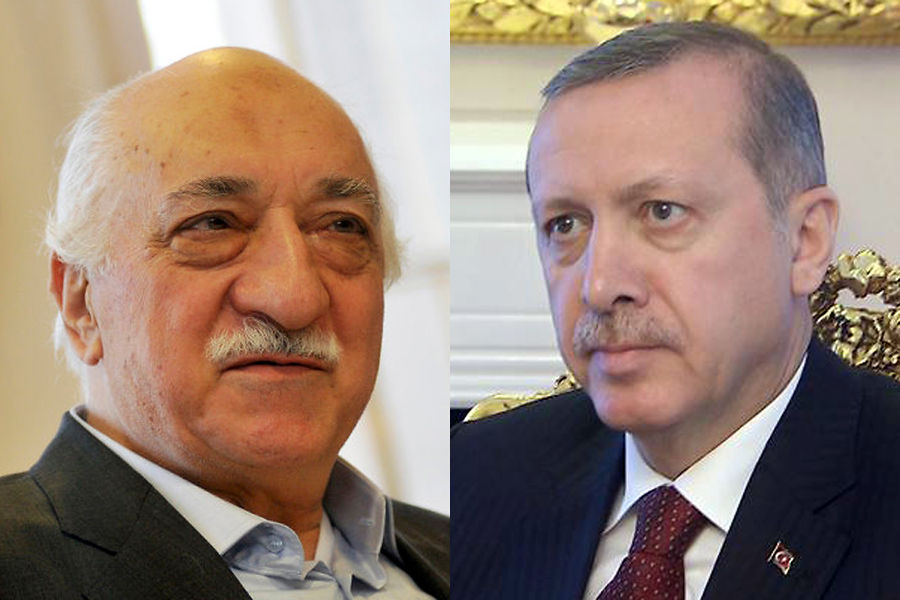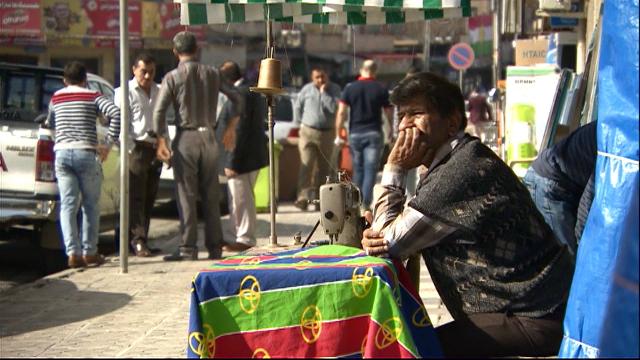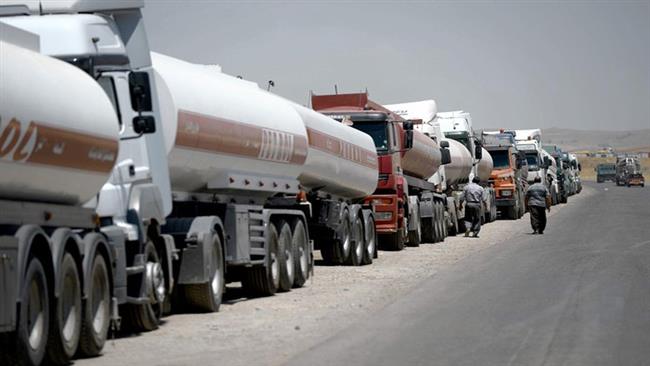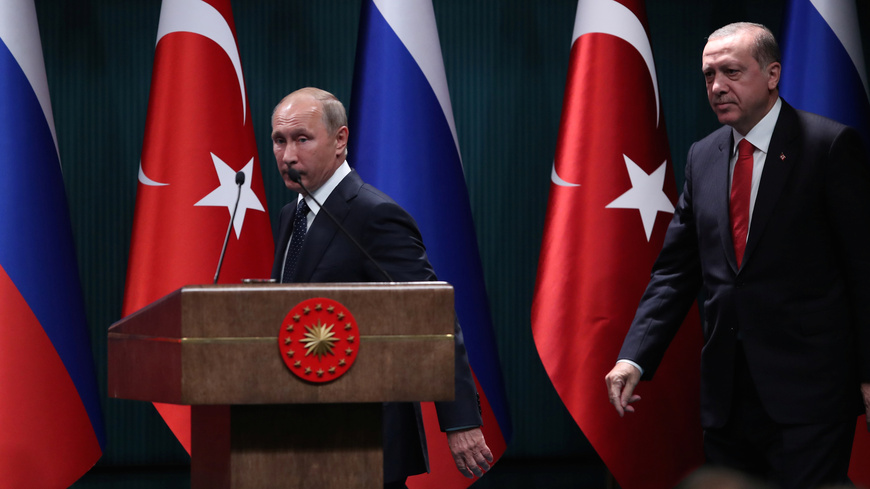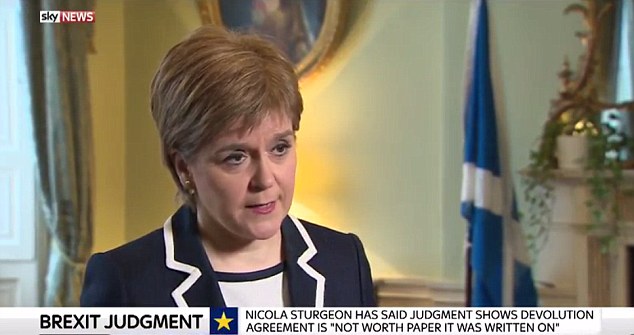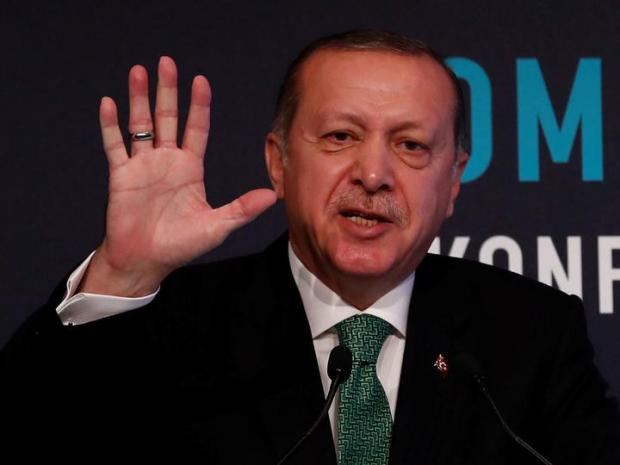By John Lee.
The escalating tensions between Baghdad and Erbil have triggered an unprecedented upsurge in applications from wealthy Iraqi nationals for second citizenship programs.
Data collected by Savory & Partners, one of the largest companies in the Middle East that provides citizenship-by-investment programs, shows that compared to the same quarter last year, interest has increased by 300 percent, while applications processed are more than 42 percent higher than last year.
Company founder and CEO Jeremy Savory (pictured) told Iraq Business News:
“The immediate days following the Kurdistan referendum saw a remarkable spike in the number of applicants from Iraq, not only from Kurdish Iraqis, but from all parts of Iraq.
“In the past, the Iraqi passport was very strong … but over recent years the number of countries which have visa-free waivers has dropped considerably; hence, the need for second passport that enables people to travel to more countries visa free has seen a great spike.
“We have done Iraqi citizenship applications for Iraqi nationals for all the five Caribbean jurisdictions, all of which have been approved by the government. We have done European citizenship applications for Malta and Cyprus for Iraqi nationals, too.”
Iraqis constitute the company’s third largest client group after Syrians and Lebanese, with St. Kitts, Grenada and Dominica in the three most popular programs with an equal demand for all three programs. The company had only one Iraqi rejection in the last six years out of total of close to 800 passports, a rejection rate of less than 1 percent.

